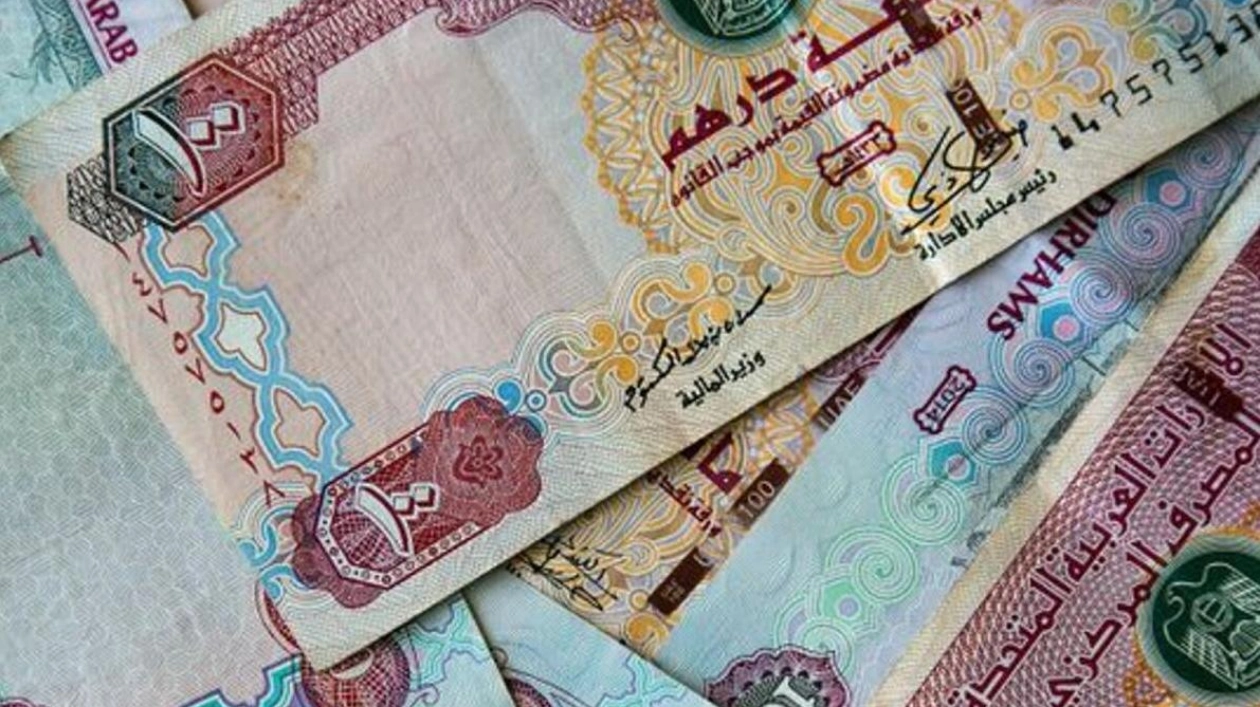Financial institutions in the UAE will face increased scrutiny under the recently unveiled National Strategy for Anti-Money Laundering, according to analysts. The strategy, which is centered around 11 strategic goals, represents a significant upgrade in the UAE's efforts to protect its financial system from illegal activities. It will enable the UAE to meet international standards in combating financial crime and to tackle money laundering and terrorism financing through a comprehensive framework of legislative and regulatory reforms.
Experts note that while the UAE was recently removed from the FATF Grey List, the new strategy aims to demonstrate ongoing effectiveness within its AML framework. This includes enhanced supervision capabilities, a deeper understanding of AML risks, decisive enforcement actions, and ultimately, greater efficacy in detecting and preventing illicit financial flows. This move is expected to reinforce the UAE's status as a leading international financial center and trade hub, showcasing its commitment to staying ahead of emerging threats by continuously improving its AML/CFT framework to ensure a safe, resilient, and efficient financial system.
As the next Mutual Evaluation process with the FATF is scheduled for 2025-2027, AML experts emphasize that the UAE must maintain sustained efforts during this period to secure positive evaluations in future assessments. Key areas of focus are likely to include the handling of virtual assets, asset recovery, information sharing among AML stakeholders, and the development of national databases to enhance the accuracy of the national risk assessment.
The UAE Cabinet recently approved the new Anti-Money Laundering, Countering the Financing of Terrorism, and Proliferation Financing (AML, CFT, and CPF) strategy for 2024-27, aimed at strengthening the country's financial system against illegal activities. Following ratification by the Higher Committee overseeing the national strategy, it aligns with the latest National Risk Assessment, developed using the World Bank Group's methodology, and incorporates feedback from private sector stakeholders during the final consultation stage.
Hamid Al Zaabi, secretary-general of the General Secretariat and vice-chair of the National Committee, highlighted that the AML strategy is in line with global best practices and takes a comprehensive approach to addressing complex financial crimes. He emphasized the strategy's focus on emerging risks, including trade-based money laundering and cybercrime. "The strategy addresses complex crimes and emerging risks, including trade-based money laundering, third-party laundering, intricate legal structures, and modern technological threats. It also integrates findings and recommendations from the recently completed National Risk Assessment, which will be disclosed in the near future," he said.
Central to the new strategy are enhancements in risk-based compliance, improving effectiveness and sustainability, and optimizing national and international coordination. Key components include enhancing coordination between national and international entities to better share information and strengthen partnerships, while ensuring effective supervision of AML, CFT, and CFP obligations within the private sector. The new procedures aim to improve mechanisms for detecting, investigating, and disrupting illicit financial activities, while investing in human and technical resources, enhancing data collection and analysis, and updating the legal and regulatory framework. The new AML strategy will focus on virtual assets, cybercrime, and other evolving threats.
Given that international cooperation is a cornerstone of the new strategy, the UAE plans to strengthen its partnerships with other countries and international organizations to facilitate the exchange of information and best practices. This collaborative approach is crucial for addressing the transnational nature of financial crimes and ensuring that the UAE's measures are effective in a global context, experts said.






